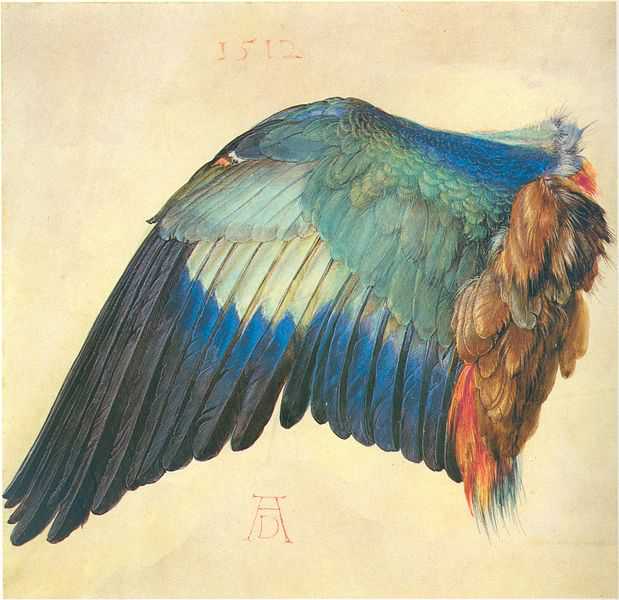FWP:
SETS == SYMMETRY
GAZE: {10,12}
TAMASHA: {8,1}
For background see S. R. Faruqi's choices. For more on Ghalib's unpublished verses, see the discussion in {4,8x}.
The verse takes full advantage of the wonderfully apposite (and opposite) meanings of niyāz (see the definition above). Then, the versatile powers of the iẓāfat ensure that we cannot pin down the relationship of niyāz to the 'spectacle of the beauty of the beloved'. Thus those 'flights' can be any of the following:
=A 'petition, prayer' offered by the lover (he begs the beloved to display her beauty, and thus send his imagination soaring).
=A 'longing, need' felt by the lover (he yearns for the elevating, transporting sight of her beauty).
=A 'gift, present' (the beloved's beauty bestows its favor upon the devoted lover, in the form of flights of the imagination).
=An 'offering' or 'thing dedicated' (the lover consecrates his fullest imaginative powers to the service of her beauty).
In the second line, through the power of grammatical symmetry 'A is B' generates 'B is A' as well, and the clever use of āshnā , which can be both a noun and an adjective (see the definition above), ensures that a remarkable level of undecideability will be maintained. So perhaps the lover is actually watching birds in flight, and seeing them as a token or gift of the beauty of the (Divine?) beloved, so that their opened wings seem to convey to him the gaze of affectionate eyes (2a). Or perhaps when he receives a familiar or warm gaze from the beautiful beloved, it acts as an opened wing, and bestows on him soaring flights of the imagination (2b).
The primary meaning of kushādah is of course 'opened' (like a wing), but the wordplay of its secondary meaning of 'cheerful' or 'happy' also works beautifully here with the idea of the a 'familiar' or friendly or affectionate gaze (or the gaze of such a person). The idiom āñkheñ bichhānā , literally 'to spread the eyes', has the sense of 'to welcome warmly'. And in this verse, surely not coincidentally, the beloved is the dost , or 'friend'.
Compare {58,1}, another meditation on the winged flight of the imagination.

Asi:
For the beauty of the friend/beloved, flights are presented by way of a prayer/offering. For this reason my gaze of familiarity, which is successful with [reaching] her gaze, for me does the work of an opened wing.
== Asi, p. 221